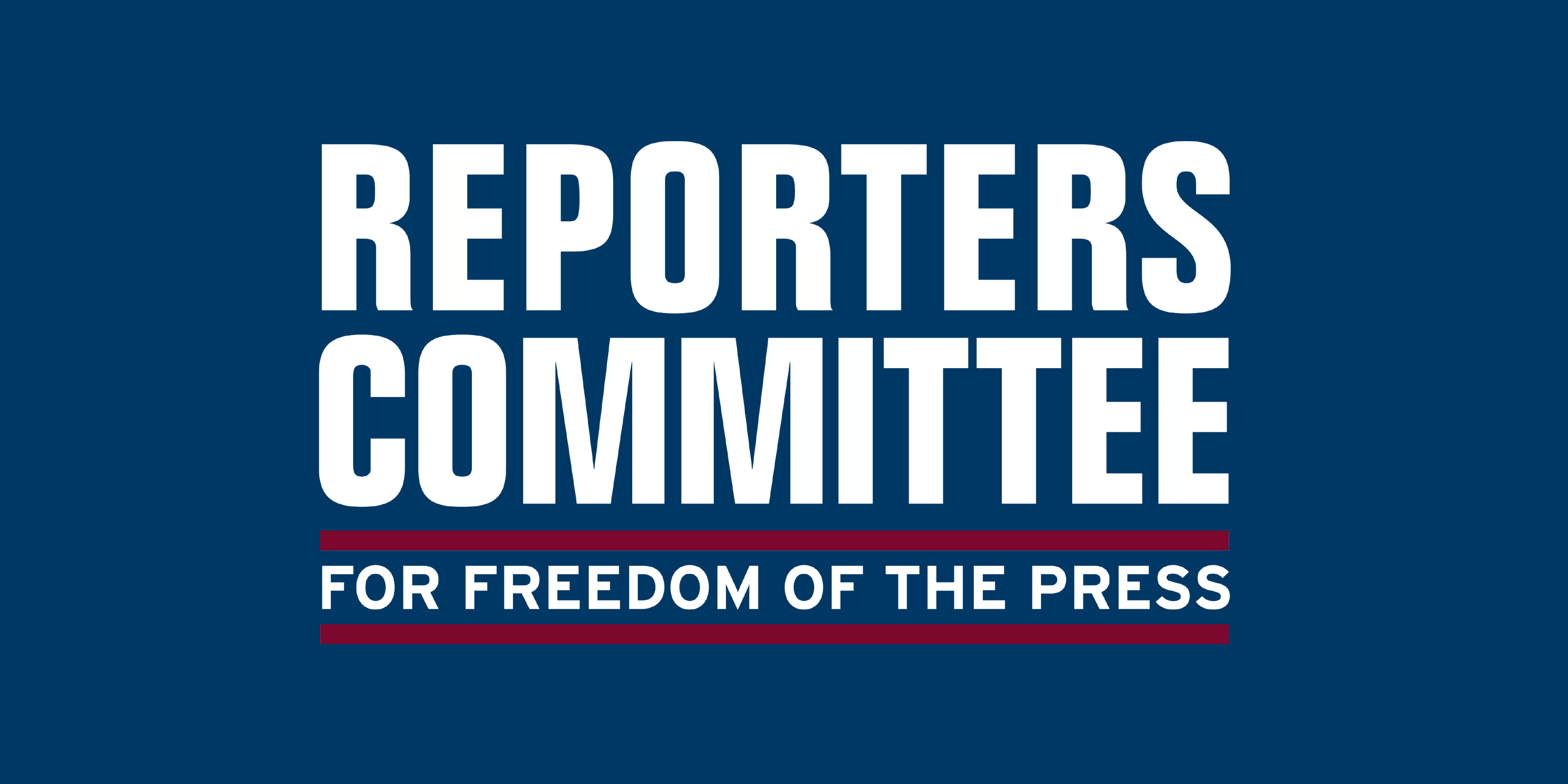Media coalition sues to block enforcement of Indiana’s police ‘encroachment’ law

The Reporters Committee for Freedom of the Press and a coalition of six journalism and news organizations filed a federal lawsuit last Friday seeking to block the enforcement of a new Indiana law that makes it a crime to approach within 25 feet of a law enforcement officer after being told to withdraw.
In the lawsuit, the Reporters Committee, The E.W. Scripps Company, Indiana Broadcasters Association, Indiana Professional Chapter of the Society of Professional Journalists, Indianapolis Star, Nexstar Media Inc., and TEGNA Inc. argue that the law violates the First and Fourteenth Amendments to the U.S. Constitution. The lawsuit, filed by Reporters Committee attorneys in the U.S. District Court for the Southern District of Indiana, states that the statute threatens to chill public-interest reporting about the actions of law enforcement in a range of public settings, from protests and political rallies to press conferences.
“This law is clearly unconstitutional and puts journalists covering law enforcement in an impossible position: stop reporting or risk being arrested and criminally charged,” said Katie Townsend, deputy executive director and legal director of the Reporters Committee for Freedom of the Press. “By criminalizing newsgathering, the law prevents journalists from doing their job effectively and deprives the public of important information.”
Indiana Gov. Eric Holcomb signed House Bill 1186 into law in April. The statute, which went into effect in July, creates a new criminal offense. It states:
“A person who knowingly or intentionally approaches within twenty-five (25) feet of a law enforcement officer lawfully engaged in the execution of the law enforcement’s officer’s duties after the law enforcement officer has ordered the person to stop approaching commits unlawful encroachment on an investigation, a Class C misdemeanor.”
The law does not require that dispersal orders be tailored in any way to accommodate the First Amendment right to document law enforcement activity. And as Reporters Committee attorneys note in the lawsuit, the law authorizes officers to issue a dispersal order even if an individual’s presence does not obstruct the officer in the performance of their duties or pose any other safety risk.
Journalists for the plaintiff news organizations regularly report on the manner in which law enforcement officers perform their official duties, including at protests, crime scenes, and press conferences. In many cases, their reporting requires them to be in close proximity to members of law enforcement and often relies on videos or photographs captured within 25 feet of officers performing their official duties.
The Reporters Committee and media coalition’s lawsuit asks the district court to issue a declaratory judgment that the Indiana statute violates the First and Fourteenth Amendments to the U.S. Constitution and to block the state from enforcing the law. Todd Rokita, Indiana’s attorney general; Ryan Mears, the prosecuting attorney for Marion County, Indiana; and Kerry Forestal, the Marion County sheriff, are listed as defendants in the lawsuit.
The Reporters Committee regularly files friend-of-the-court briefs and its attorneys represent journalists and news organizations pro bono in court cases that involve First Amendment freedoms, the newsgathering rights of journalists and access to public information. Stay up-to-date on our work by signing up for our monthly newsletter and following us on Twitter or Instagram.